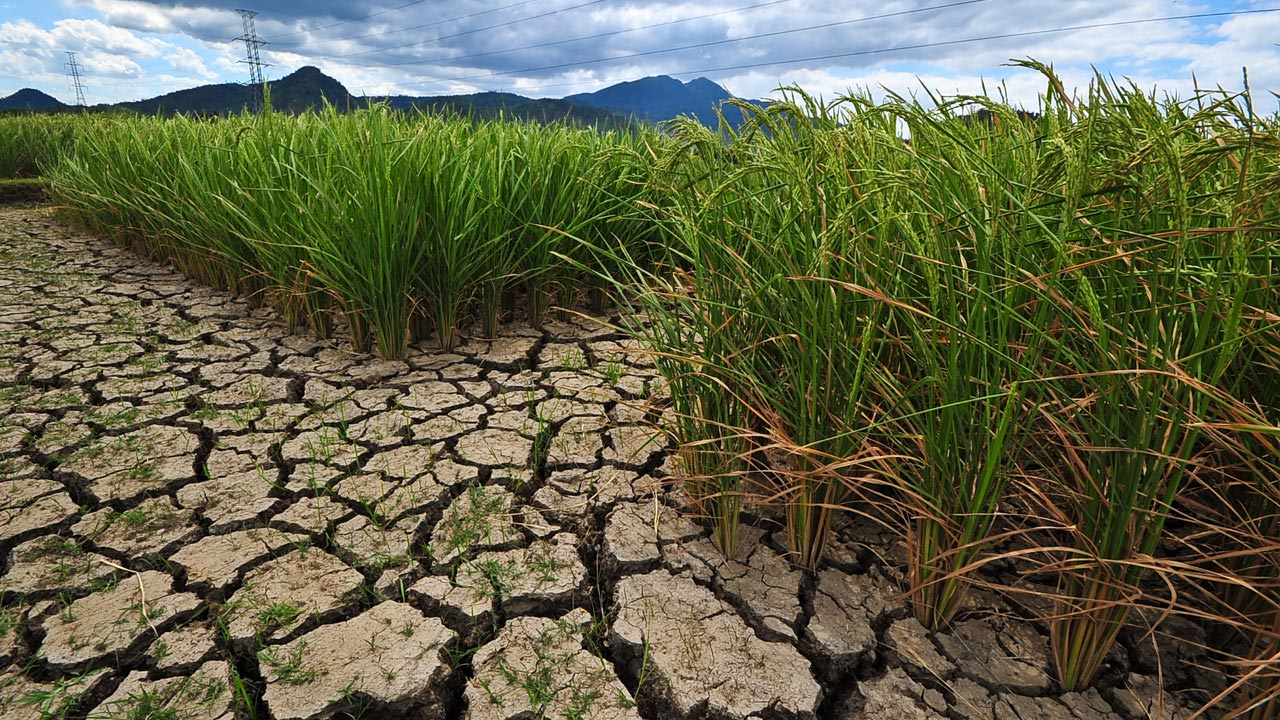The Government through ICAR flagship network project ‘National Innovation on Climate Resilient Agriculture’ (NICRA) assessed the vulnerability of different paddy growing regions to climate change by conducting integrated simulation modelling studies. The study revealed that in the absence of adaptation measures, climate change is likely to reduce rainfed rice yields by 20% in 2050 and 47% in 2080. Irrigated rice yield may reduce by 3.5% in 2050 and 5% in 2080.
Since 2014 to 2024, a total of 668 varieties of rice (paddy) have been developed, out of which 199 varieties are extreme climate resilient, which can withstand extreme weather conditions, the details of which are as follows: 103 rice varieties are drought and water stress tolerant; 50 rice varieties are flood/ deep water/ submergence tolerant; 34 rice varieties are salinity/ alkalinity/ sodicity tolerant; 6 rice varieties are heat stress tolerant and 6 varieties are cold tolerant. Further, out of 668 varieties of rice developed, 579 varieties are tolerant to pests and diseases.
The technology demonstrations and capacity building programs on climate-resilient technologies were conducted under Technology Demonstration Component of NICRA in 448 climate-resilient villages of 151 vulnerable districts. Some of the specific climate resilient technologies related to paddy are: demonstration of climate resilient varieties, alternate methods of rice cultivation such as aerobic rice, direct seeded rice and drum seeding, green manuring with Dhaincha before paddy transplanting, community nurseries for delayed monsoon etc. to minimize the impact of variable climatic situations.
To encounter the adverse impact of climate change in the country, the Government of India implements National Mission for Sustainable Agriculture (NMSA), which is one of the Missions within the National Action Plan on Climate Change (NAPCC). The Government of India provides financial assistance to the states through the NMSA to cope with the adverse impacts of climate change.
This information was given by the Minister of State for Agriculture & Farmers’ Welfare, Shri Bhagirath Choudhary in a written reply in Lok Sabha today.
*****





